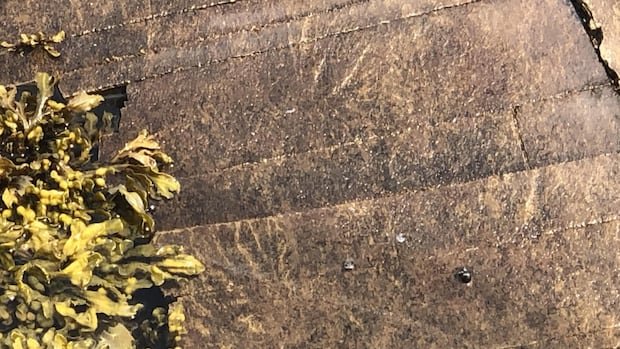Discovery Geopark, situated in the upper region of Newfoundland and Labrador’s Bonavista Peninsula, has successfully retained its Global Geopark status granted by the United Nations Educational, Scientific, and Cultural Organization (UNESCO).
The park initially gained international recognition in 2020 due to its unique rock formations and fossil discoveries. However, in June, there was a possibility of losing this prestigious designation when UNESCO highlighted the need for certain improvements within the park.
Every four years, independent assessors visit UNESCO Global Geoparks for an evaluation period lasting four to five days to determine the park’s ongoing status. Following the assessment, the site is issued a green, yellow, or red card indicating its operational standing.
A green card signifies the renewal of a site’s status, while a yellow card indicates that the park has two years to address specified issues; failure to do so may result in receiving a red card and losing its designation.
Discovery Geopark faced the risk of losing its green card after UNESCO outlined several recommendations, including ensuring stable funding and full-time staffing, establishing a staff succession plan, improving signage at inland geological sites, updating logos, enhancing visitor safety measures, and aligning tourism initiatives with partners.
The park, renowned for its Ediacaran fossils dating back approximately 560 million years and showcasing some of the earliest multicellular organisms on Earth, diligently implemented the suggested enhancements. As a result, its green card status was reinstated during the recent evaluation in Chile.
Among the 229 Global Geoparks worldwide, Discovery Geopark stands as one of Canada’s five designated geoparks, contributing to the preservation and promotion of geological heritage.
[End of rewritten article]


